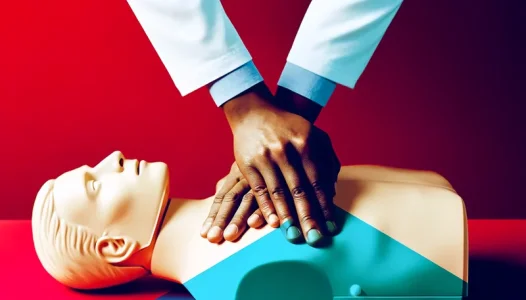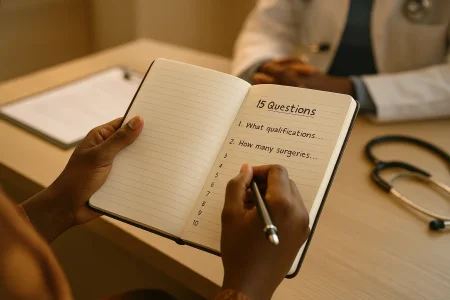In a world as unpredictable as it is beautiful, tragedies have a way of unfolding when least expected. The recent heart-wrenching incident involving a Nigerian actor, Junior Pope, who tragically lost his life following a boat capsize, has brought to the fore a critical discussion on the necessity of lifesaving skills, particularly CPR (Cardiopulmonary Resuscitation), in emergencies, especially drowning incidents.

Getting CPR certifications is imperative for several professionals, from lifeguards to nurses; everyone should be prepared for emergencies.
The loss of the Nigerian actor in such preventable circumstances is a sad reminder of the fragility of life and the critical need for lifesaving skills like CPR. This incident should catalyze change, inspiring individuals to learn CPR and understand the safety measures necessary for water-related activities. By equipping ourselves with the knowledge and skills to act in emergencies, we honour his memory and ensure we are prepared to save lives when the unexpected occurs.

The Incident That Shocked a Nation
Junior Pope, whose joyous journey on the water turned fatal, was reportedly not wearing a life jacket at the time the boat capsized. This initial failure was compounded by a series of missed opportunities to save his life. Witnesses alleged that the actor was still alive when brought ashore, but in the crucial moments that followed, no CPR or medical procedures were administered. There was a delay in transporting him to a hospital. This tragic sequence of events underscores the importance of immediate and knowledgeable intervention in saving lives.The Lifesaving Power of CPR
CPR, a procedure that is both simple and profound, combines chest compressions with artificial ventilation to maintain circulatory flow and oxygenation during cardiac arrest, keeping vital organs alive until professional medical help can be provided by trained staff. For drowning victims who may suffer from hypoxia (a lack of oxygen), the timely application of CPR can be the difference between life and death.Getting CPR certifications is imperative for several professionals, from lifeguards to nurses; everyone should be prepared for emergencies.
Why CPR is Essential for Drowning Victims
Drowning causes a severe lack of oxygen to the brain, leading to unconsciousness and if not quickly addressed, irreversible brain damage and death. Initiating CPR immediately after rescuing a victim from the water can ensure that oxygen-rich blood continues to flow to the brain and other vital organs, significantly increasing the chances of survival without long-term neurological damage.Overcoming Barriers to Performing CPR
A common barrier to CPR is the need for more knowledge and confidence among bystanders. To combat this, it is imperative that CPR training become more widespread and accessible. Moreover, the misconception that CPR is only for medical professionals must be dispelled. Everyone can learn CPR, and everyone should.Supporting Evidence from YouTube
Numerous resources and real-life rescue videos are available on YouTube to highlight the importance and effectiveness of CPR in emergencies, especially for drowning victims. These videos demonstrate the correct way to perform CPR and showcase the undeniable impact that immediate and proper application of these techniques can have on saving lives. Educational videos by health organizations and testimonials by survivors and rescuers are potent reminders of CPR knowledge's value.The loss of the Nigerian actor in such preventable circumstances is a sad reminder of the fragility of life and the critical need for lifesaving skills like CPR. This incident should catalyze change, inspiring individuals to learn CPR and understand the safety measures necessary for water-related activities. By equipping ourselves with the knowledge and skills to act in emergencies, we honour his memory and ensure we are prepared to save lives when the unexpected occurs.



